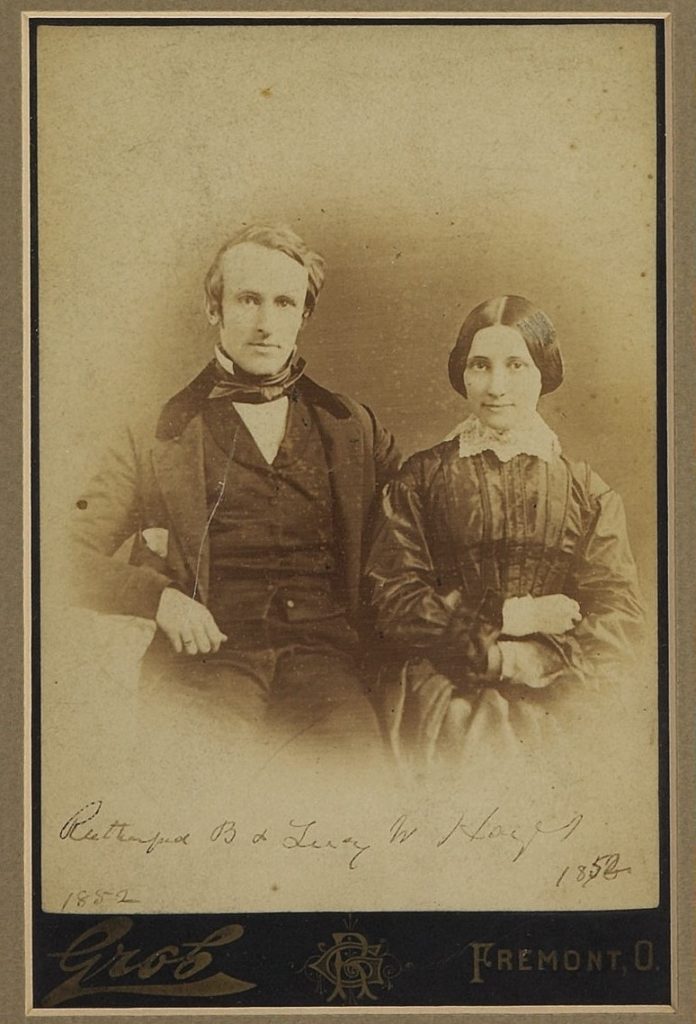
By Jim O’Neal
A surprisingly high number of political pundits ascribe the current bitter partisan divide to the presidential election of 2000, when the Supreme Court ordered the recount of “under-votes” in Florida to cease. As a result, the previously certified election results would stand and George W. Bush would receive all 25 Florida electoral votes, thus providing him a 271-266 nationwide victory over Al Gore. Democrats almost universally believed the election had been “stolen” due to the seemingly unprecedented action by the Supremes.
Although obviously a factor in the situation today, it seems too simplistic to me, as I remember the Clinton Impeachment, the start of the Iraq War (and the president who lied us into war), and, of course, Obamacare – all of which were also major contributors to the long, slow erosion of friendly bipartisanship. Now, we’re in an era when each new day seems to drag up a new issue that Americans can’t agree on and the schism widens ever so slightly.
Could it be worse?
The answer is obviously “yes,” since we once tried to kill each other into submission during the Civil War. Another good example is the highly controversial presidential election of 1876, which resulted in Rutherford B. Hayes becoming president. The loser, Samuel J. Tilden, had such staunch supporters that they promised “blood would run in the streets” if their candidate lost. After a highly ultra-controversial decision threw the election to Hayes, Democrats continued to make wild threats, and public disturbances were rampant across New York City hotels, saloons, bars and any other venues where crowds gathered.
The unrest was so high that outgoing President Ulysses S. Grant gradually became convinced that a coup was imminent. This was the closest the Dems had come to the White House since James Buchanan’s election 20 years earlier in 1856 and passions were so high that they would not be calmed easily. The level of resentment was much more than about losing an election or the ascendancy of the Republican Party with all their fierce abolitionists. It seems apparent even today that the election results had been politically rigged or, at a minimum, very cleverly stolen in a quasi-legalistic maneuver.
Grant’s primary concern was one of timing. The normal inauguration date of March 4 fell on a Sunday and tradition called for it to be held the next day, on Monday, March 5 (as with Presidents James Monroe and Zachary Taylor). Thus the presidency would be technically vacant from noon on Sunday until noon on Monday. The wily old military genius knew this would be plenty of time to pull off a coup d’état. He insisted Hayes not wait to take the oath of office.
In a clever ruse, the Grants made arrangements for a secret oath-taking on Saturday evening by inviting 38 people to an honorary dinner at the White House. While the guests were being escorted to the State Dining Room, Grant and Hayes slipped into the Red Room, where Chief Justice Morrison Waite was waiting with the proper documents. All went as planned until it was discovered there was no Bible available. No problem … Hayes was sworn in as the 19th president of the United States with a simple oath.
The passing of power has been one of the outstanding aspects of our constitutional form of governance.
Hayes was born on Oct. 4, 1822 – 2½ months after his father had died of tetanus, leaving his pregnant mother with two young children. From these less-than-humble beginnings, the enterprising “Rud” got a first-rate education that culminated with an LLB degree from Harvard Law School. Returning to Ohio, he established a law practice, was active in the Civil War and finally served two non-consecutive terms as governor of Ohio, which proved to be a steppingstone to the White House.
Most historians believe Hayes and his family were the richest occupants of the White House until Herbert and Lou Hoover showed up 52 years later. They certainly had a reputation for living on the edge of extravagance, and some cynics believe this was in large part due to the banning all alcohol in the White House (presidents in those days paid for booze and wine personally). Incidentally, the nickname for the first lady, “Lemonade Lucy,” did not happen until long after they left the White House.
President Hayes kept his pledge to serve only one term; he died of a heart attack in 1893 at age 70. The first Presidential Library in the United States was built in his honor in 1916.
 Intelligent Collector blogger JIM O’NEAL is an avid collector and history buff. He is president and CEO of Frito-Lay International [retired] and earlier served as chair and CEO of PepsiCo Restaurants International [KFC Pizza Hut and Taco Bell].
Intelligent Collector blogger JIM O’NEAL is an avid collector and history buff. He is president and CEO of Frito-Lay International [retired] and earlier served as chair and CEO of PepsiCo Restaurants International [KFC Pizza Hut and Taco Bell].
